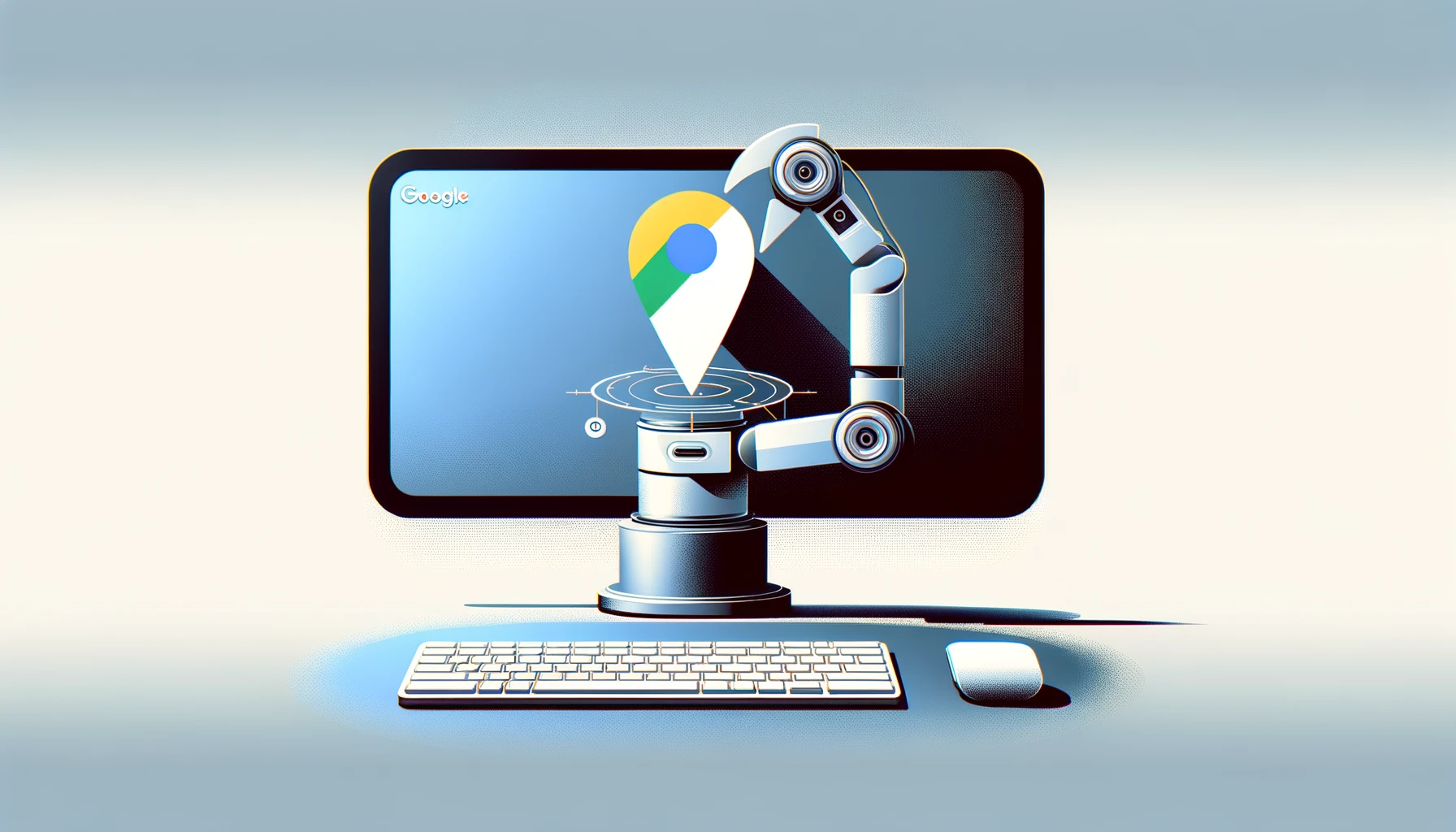
PARIS — In an innovative leap forward, Google is set to redefine how we explore and discover places by integrating generative artificial intelligence (AI) into Google Maps. This groundbreaking approach aims to personalize the user experience like never before, offering tailored recommendations that cater to the unique preferences and needs of each user.
Personalized Navigation: A Leap into the Future
The integration of AI into Google Maps is not just a technological advancement; it’s a step towards creating a more intuitive and responsive navigation tool. From finding the perfect lunch spot that accommodates a diverse group of friends to uncovering hidden vintage stores in San Francisco, Google Maps promises to deliver personalized solutions.
Subheading: Enhancing User Experience with AI
Google’s use of large language models mirrors the conversational ease found in applications like ChatGPT, making interactions natural and user-friendly. By analyzing detailed information on over 250 million places and incorporating insights from more than 300 million reviews, Google Maps is poised to offer unparalleled recommendation accuracy.
A Comprehensive Guide at Your Fingertips
Beyond mere suggestions, Google Maps will enrich its recommendations with visual aids and community feedback. Photos, ratings, and reviews will accompany each suggested location, providing users with a holistic view of what to expect.
Case Studies: AI in Action
The application of AI in Google Maps is best illustrated through practical scenarios. Whether accommodating dietary restrictions and pet-friendly preferences or navigating the complexities of group planning, Google Maps’ AI enhancements are designed to streamline the decision-making process.
Google Maps AI Use Cases
| Scenario | AI Solution |
|---|---|
| Diverse Dining Preferences | Personalized restaurant recommendations |
| Neighborhood Exclusions | Customized routing avoiding specified areas |
| Pet Inclusion | Listings of pet-friendly dining options |
| Vintage Shopping in San Francisco | Curated vintage store discoveries |
| Weather-Dependent Activities | Suggestions for rainy day or outdoor activities |
Beyond the Basics: Advanced AI Capabilities
The AI’s ability to handle unforeseen situations and respond to dynamic requests underscores Google’s commitment to flexibility and user support. Whether you’re looking for activities suitable for children or seeking refuge from the rain, Google Maps will offer timely and relevant suggestions.
Pioneering with Local Guides
The introduction of this AI technology will initially take place in the United States among Google’s Local Guides. This community of engaged users, known for their contributions of reviews, photos, and factual verifications on Google Maps, will play a crucial role in refining these AI features.
This is not Google Maps’ first foray into AI-driven enhancements. In 2023, Google introduced the Immersive View mode, which leverages AI to present a dynamic 3D navigation experience. This feature exemplifies Google’s ongoing efforts to enhance spatial understanding and user interaction within digital environments.
Global Impact and Future Prospects
The deployment of AI in Google Maps signifies a transformative shift in digital navigation tools. By prioritizing personalization and adaptability, Google sets a new standard for how we interact with our surroundings.
- Tailored Recommendations: Personalized solutions for individual and group preferences.
- Natural Language Interaction: Ease of use through conversational AI, akin to ChatGPT.
- Rich Informational Content: Enhanced with photos, ratings, and community reviews.
- Responsive to Dynamic Requests: Capable of adapting to unforeseen circumstances and specific needs.
- Local Guides Program: Initial rollout and testing with a dedicated community of users.
- Innovative History: Continuation of Google’s tradition of integrating cutting-edge AI into Maps.
Navigating the Future with AI
As Google Maps embarks on this ambitious journey to integrate generative AI, the potential for personalized discovery and navigation enters a new era. This initiative not only enhances the user experience but also sets a precedent for the future of digital mapping technologies. With its initial rollout in Paris and other major cities, the world watches as Google Maps moves towards a more connected, intuitive, and personalized future.
Featured Image Courtesy of DALL-E by ChatGPT
